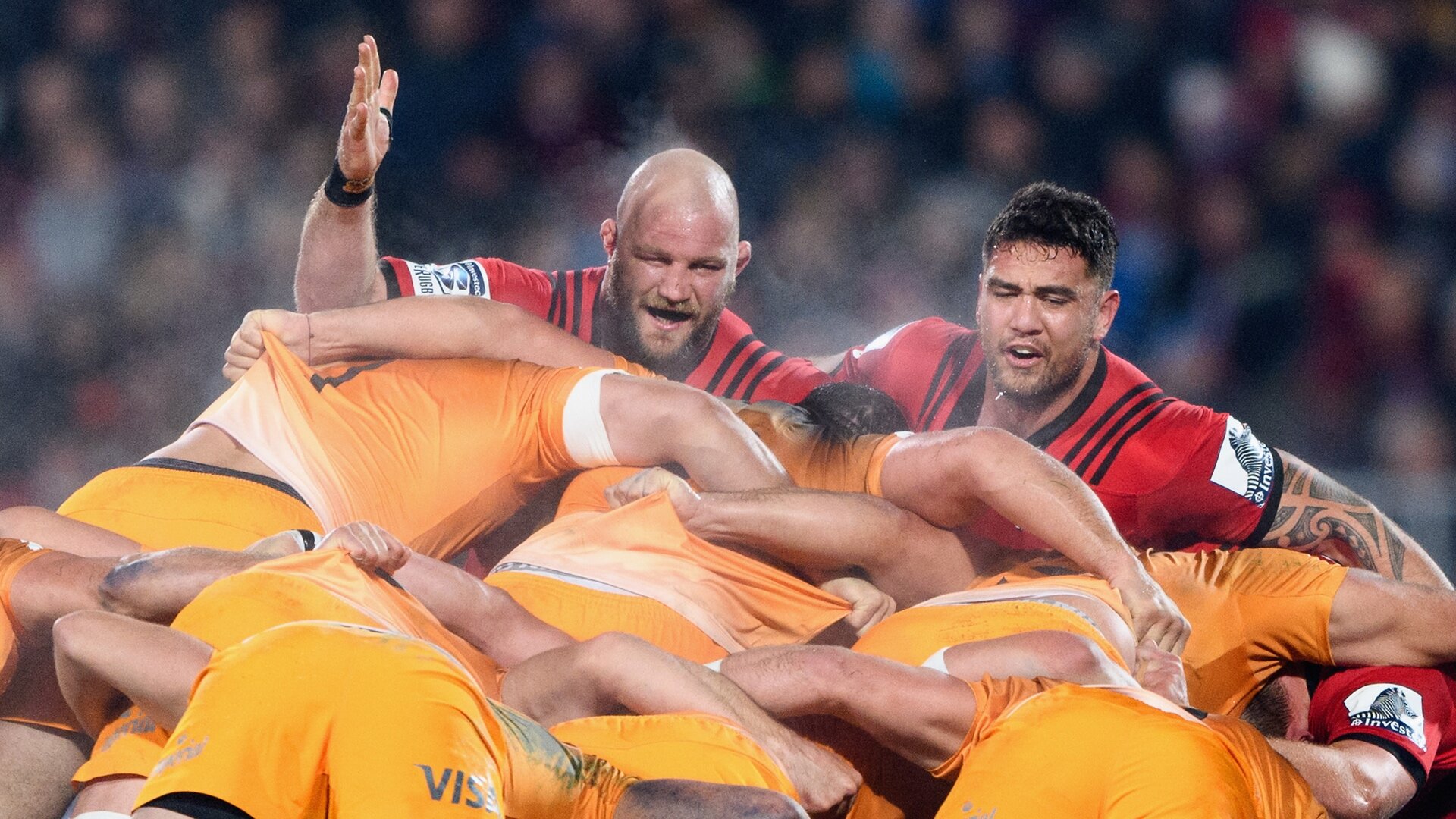Super Rugby releases its 2020 fixtures schedule

Everything happens earlier in Super Rugby next year in changes that SANZAAR hopes will make the faltering product more successful in the Australian marketplace.
The 2020 draw unveiled on Tuesday features the competition’s first-ever January fixtures and an uninterrupted schedule which finishes in mid-June, catering for the inter-hemisphere Test window being pushed back to July.
In a bid to boost live and television audiences, night matches in Australia will kick off at 7.15pm, which is about 25 minutes earlier than in recent seasons. Games in New Zealand will also kick off earlier, at 5.05pm (AEDT).
The format otherwise mirrors this year’s competition, with 15 teams playing 16 regular season matches, including eight against teams in their own conference before an eight-team, three-week finals window.
The conference system disappears in 2021 when the Japan-based Sunwolves are axed and the 14 teams contest a full round-robin in the regular season.
(Continue reading below…)
Two derby matches kick off next year’s schedule on Friday, January 31, when the Blues host the Chiefs in Auckland before the Australian Conference defending champion Brumbies are home to the Queensland Reds.
Andy Marinos, Super Rugby’s CEO, said: “Super Rugby remains one of rugby’s premier tournaments and features many of the best teams and players in the world. The unique nature of this tournament, that covers a geographical spread across Argentina, Asia, Australia, New Zealand and South Africa, not only re-inforces its global reach but the fact that it remains the toughest tournament in the world.
“2020 will see a season of uninterrupted action from February to July due to the shift of the inbound international rugby window from June to July. An earlier than usual start has been required to get through the 21-week tournament and provide the SANZAAR national teams with a clear week leading into the July Test series.”
Latest News ?
2020 SUPER RUGBY MATCH SCHEDULE RELEASED
The full match schedule for the 2020 Super Rugby tournament has been released today by SANZAAR…
https://t.co/IW4p9OzNqy pic.twitter.com/aXZoqidR76— Super Rugby Pacific (@SuperRugby) September 10, 2019
“The complexity of the draw and managing logistics and scheduling that delivers a draw that is fair and equitable has been our priority. This has been achieved with a consultative and collaborative approach with the national unions, Super Rugby teams and broadcasters.”
“With the majority of our players benefitting from a longer than usual off-season due to RWC 2019, we expect the teams to deliver another compelling tournament across its 120 matches. One that produces a competitive race for the finals similar to that which we saw this year when 11 teams were still in the hunt for a finals berth on the last weekend.
“The schedule has 22 match venues confirmed and it is exciting that Super Rugby will once again venture into several new venues and cities. It has been confirmed that Hanazono Stadium, Osaka, and Level Five Stadium, Fukuoka, in Japan will host Sunwolves matches, while the Waratahs will play at WIN Stadium, Wollongong in Australia.”
OPENING WEEKEND FIXTURES
Friday, January 31: Blues v Chiefs, Brumbies v Reds, Sharks v Bulls;
Saturday, February: 1: Sunwolves v Rebels, Crusaders v Waratahs, Stormers v Hurricanes, Jaguares v Lions.
WATCH: Wallabies front row forward Allan Alaalatoa speaks after his team’s arrival in Japan for the World Cup

































































